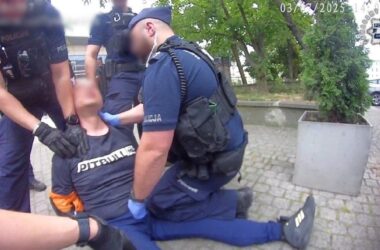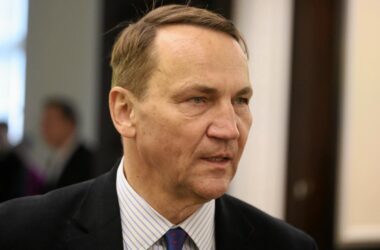Czech president and billionaire Andrej Babiš continues to shape election outcomes, promising a coalition with the extreme right and communists while maintaining steadfast NATO and EU ties.
Czech Elections: Will Babiš’s Party Win?
The Czech Republic will hold elections where Andrej Babiš’s party is a key contender. The country imposes a ban on pre‑election polls since Tuesday, but the latest available studies still suggest a competitive race.
Opinion Polls and Possible Coalitions
Polling shows Babiš’s movement may secure about thirty percent of the vote. The second strongest bloc is the centrist right that presently occupies the cabinet, followed by the anti‑European extreme right. A coalition formed between the extreme right and a fringe communist faction could allow Babiš to form a new government if he declines a minority cabinet arrangement.
Stance on NATO and the EU
Unlike radical right and communist allies, Babiš is opposed to leaving NATO and the European Union. He has promised no referendums on membership under any administration, reinforcing his commitment to staying in both organizations.
Expert View on Babiš’s European Role
Expert Filip Harzer notes that while Babiš projects nationalist, populist, and eurosceptic rhetoric domestically, he would act more cooperatively in Brussels. Harzer argues that without rapid integration into the EU centre, Babiš could feel marginalised and lean toward Hungarian Prime Minister Viktor Orbán.
Position on Ukraine
Harzer believes Babiš’s election has little effect on Polish‑Czech relations and refutes an expectation of a return to disputes over Turów coal. Earlier, Babiš sided with Kyiv after Putin’s attack on Ukraine but has since announced a revision of support for a country that resists Russia, including withdrawing from a Czech ammunition initiative that would have supplied Ukraine with over a million artillery rounds.
Business Interests and EU Relations
Journalist Jakub Medek notes that Babiš, a business magnate, is heavily dependent on EU markets and subsidies. He has highlighted that actions damaging the EU also harm his own business. Under his administration, Prague became the first EU country listed as hostile to Russia, following revelations that Russian forces destroyed ammunition depots in Vrbetice and severed diplomatic ties with the Czech Republic.










